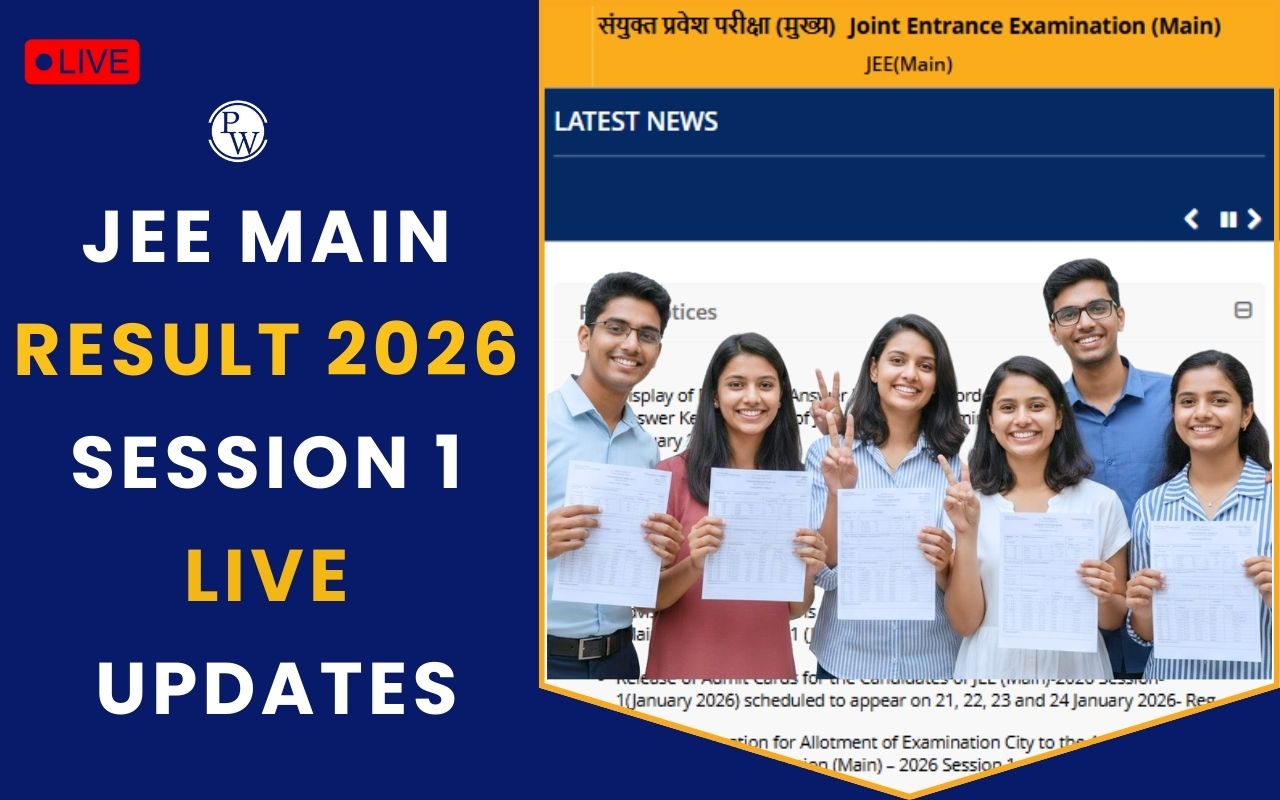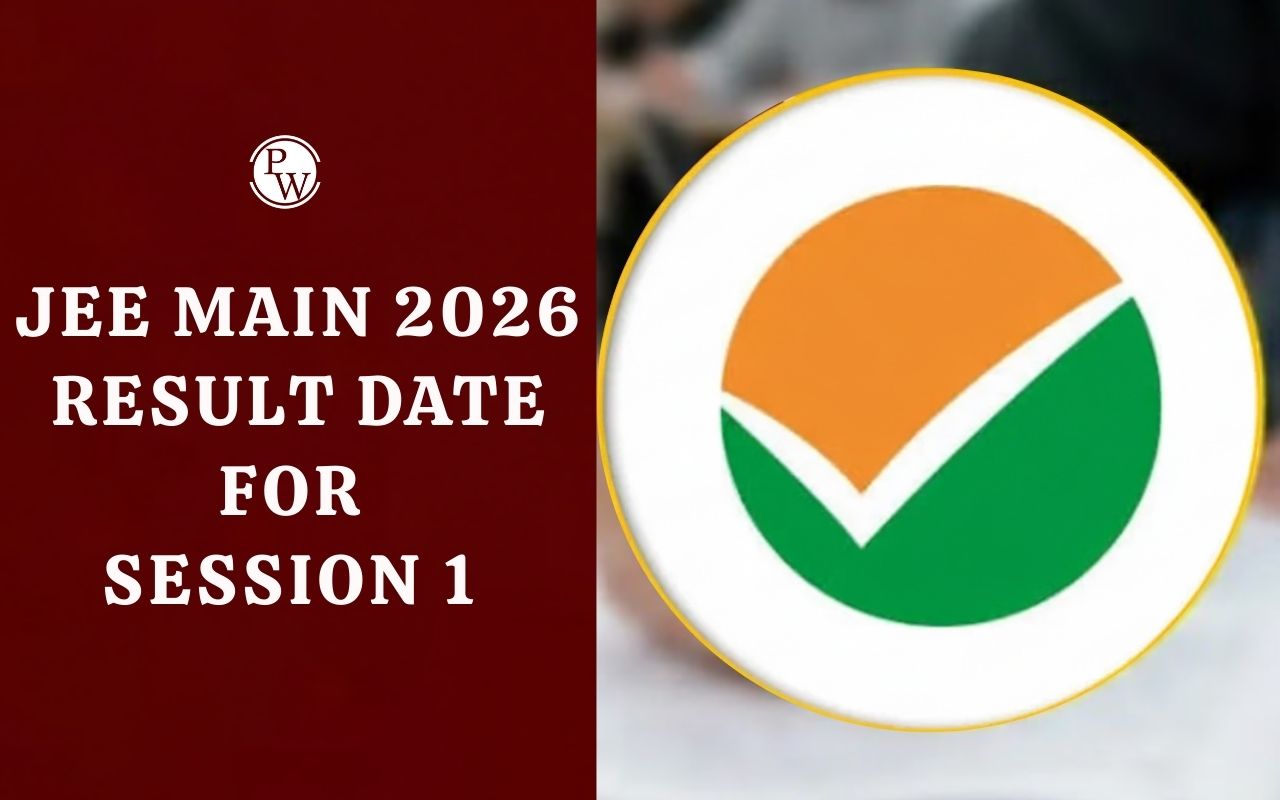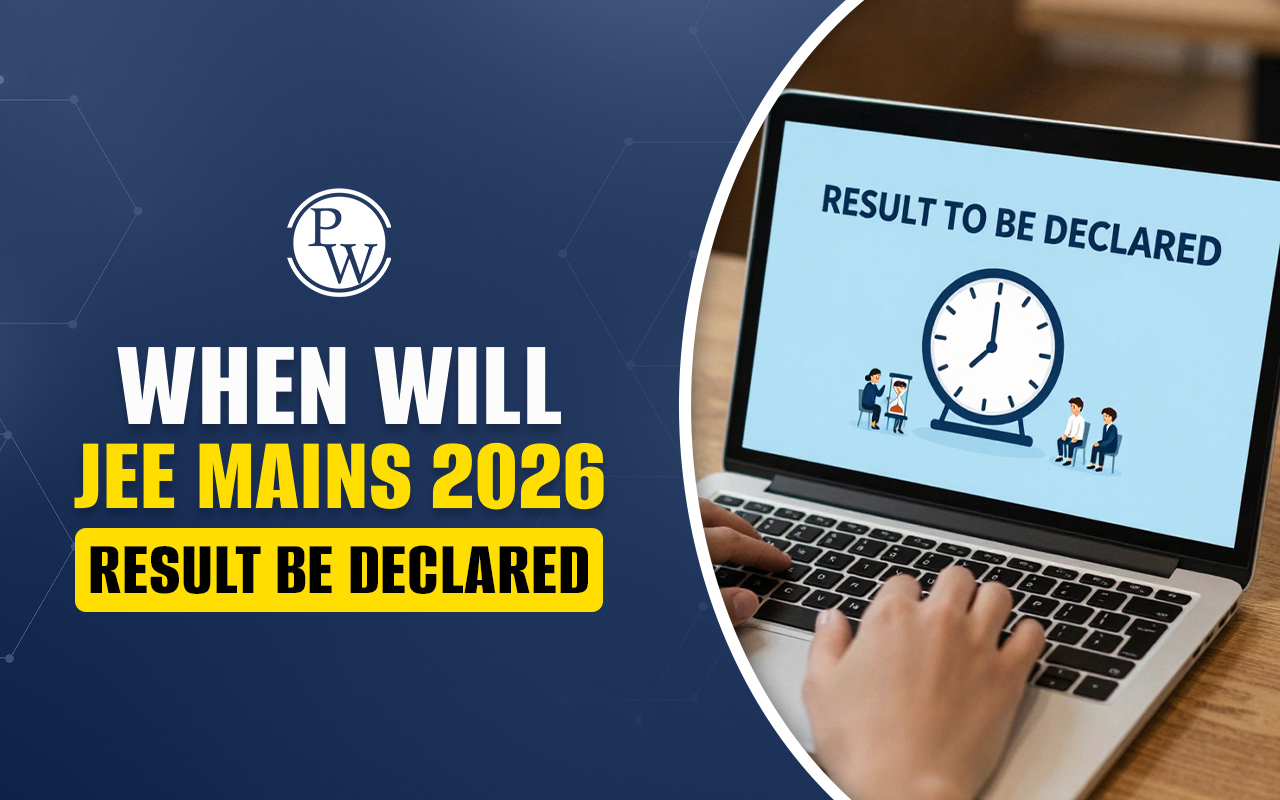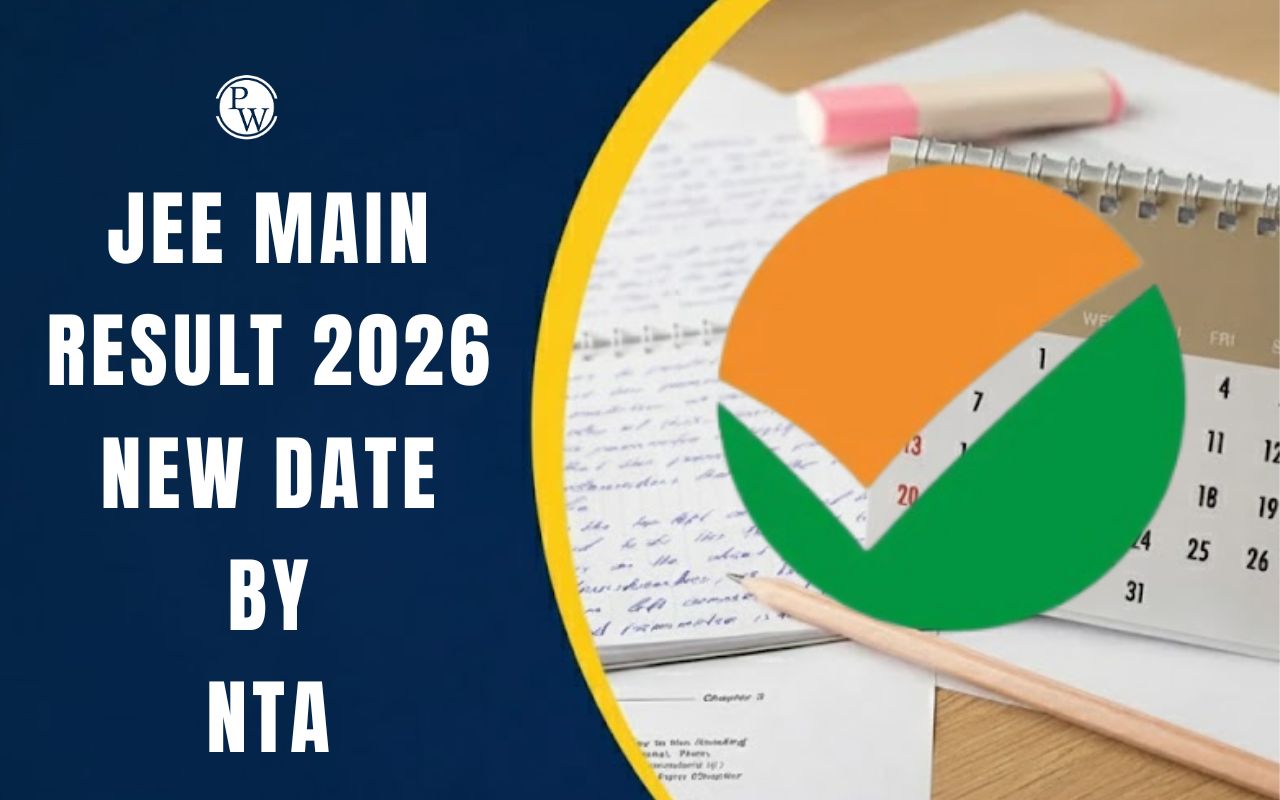
Backlog Clearance Tips for JEE 2026: JEE 2026 is one of the most competitive exams, which students must clear for admission to some of the most prestigious engineering colleges in India. JEE aspirants often fall back on an incomplete JEE Main syllabus or due to a lack of preparation, or for other reasons. JEE preparation with backlogs is challenging as it makes JEE aspirants demotivated and an already pressure-filled exam more daunting. With the right guidance and strategy, you can clear backlogs. In this article, we have everything that you need to know about clearing JEE backlog in 2026, JEE 2026 preparation with backlogs, and the right backlog strategy for JEE 2026.
Clearing backlog requires one to finish the JEE syllabus and boost their confidence as a JEE aspirant. You will need to understand your weak areas, make a study plan, and practice regularly. The sooner you start working on your backlogs, the more you increase your chances to score well in JEE 2026.
Backlog Clearance Tips for JEE 2026 Aspirants Overview
JEE 2026 preparation with backlogs can occur due to many reasons. It can be poor time management during JEE preparation, skipping classes in coaching, poor concepts understanding or too much focus on some subjects at the expense of others. Delay in your preparation often results in low scores and a lot of pressure just before the exams.
Planning and focus allows students to eliminate any backlogs they might have faced during their preparation. A JEE aspirant who sets time to understand their weak areas, practice past JEE questions, and revise can easily catch up with the time they have lost.
Reasons for Backlogs in JEE
The very first step is always to analyze the reason for your backlogs before actually trying to clear them. Let us look at some of the most common reasons for JEE backlogs, which most students face during their JEE preparation.
-
Absence of a proper plan: Many students start their JEE preparation without actually having a study plan. Some students begin reading topics without any clear order whereas others waste time on simpler topics until difficult ones are postponed.
-
Conceptual weaknesses: JEE is a conceptual exam. If you are weak in the understanding of core concepts of Physics, Chemistry, or Mathematics, you will always try to avoid attempting a question on that topic in the exam. This eventually leads to a long-pending backlog of important JEE concepts that take a lot of time to clear.
-
Improper time management: Finding the right balance for your school, coaching, and self-study routine is a task that seems difficult for most students. Hence, students are often unable to complete all JEE topics in a day. This becomes one of the most common reasons for backlogs in JEE preparation.
-
Preparing for other exams: Some students often study for JEE along with other entrance exams such as NEET, Board exams, or Olympiads. If you are aiming to give your best for all these exams, often you are left with some JEE topics that you have not been able to finish completely, resulting in backlogs.
-
Absence of practice: JEE requires the speed of problem-solving. If you are the kind of student who reads the theory but is not able to solve the number of questions required, you will have backlogs in application-based JEE topics.
Effective Backlog Strategy for JEE 2026
Clearing backlogs is not easy, but if you do it smartly and systematically, you can overcome this problem. Here is a complete strategy to clear your backlogs effectively for JEE 2026.
-
Know Your Backlogs: Make a list of all the topics or chapters where you have missed classes, weak concepts, or incomplete exercises. After making the list, divide them into high, medium, and low-priority topics based on the weightage of each topic in the JEE Main 2026 exam pattern. Prioritizing topics will help you to focus on important areas and utilize time effectively.
-
Plan a Backlog Clearance Schedule: Plan a daily and weekly study schedule in which you will allocate time for each high-priority topic and make sure you leave some time for regular JEE preparation topics as well. Follow the plan strictly every day. It is better to study a few hours every day than to study for long hours once a week. By doing this, you will slowly clear your backlog, which will reduce your stress and increase your confidence.
-
Concept Clarity: Most of the time backlogs happen because of weak foundational concepts. Try to spend some time on the theory of each topic, refer to NCERT textbooks, coaching video lectures, or ask your teacher for help. With clear concepts, you will be able to solve questions in an easy way and will also strengthen your JEE preparation. concepts will enable you to solve questions easily and strengthen your JEE preparation.
-
Solve Previous Year Questions: Solving previous year JEE Main questions is a great way to get familiar with the question pattern and the most frequently asked topics. Begin by attempting easier questions and gradually move on to more challenging ones. Make it a point to solve previous year questions consistently to keep your preparation fresh, while also improving your time management and accuracy.
-
Use Short Notes and Formula Sheets: While revising a backlog topic, prepare short notes and formula sheets. You can then use these notes for quick revision before tests. Short notes and formula sheets are also great to keep stress levels low in the last few days leading up to an exam. Make it a habit to review your short notes and formula sheets every day to retain important points and formulas.
-
Take Regular Tests: The right way to evaluate your understanding is by taking tests. Begin with taking topic-wise tests on backlog topics and then gradually attempt full-syllabus tests. Carefully analyze your mistakes and immediately revise the areas you are weak at to increase your speed and accuracy.
-
Pay Attention to Time Management: Time management is very important while you work on clearing your backlogs. Divide your day equally between backlog topics, regular JEE syllabus, and revision. Avoid spending too much time on one topic. Instead, move on to a different topic after a fixed time period and then come back to the topic.
-
Avoid Multitasking: Try to focus on one subject or topic at a time. Multitasking between different subjects or topics will lead to reduced retention and slow progress. Complete one topic before moving to the next to maximize your learning efficiency.
-
Maintain Consistent Revision: Revision is important to retain information in the long term. After you have cleared a backlog topic, revise it after a few days and then weekly. Spaced repetition ensures that topics you have cleared previously don’t get re-added to the backlog.
-
Stay Positive and Motivated: Clearing backlogs can be frustrating and stressful, but it’s important to stay positive. Set achievable goals for each day, track your progress, and reward yourself when you clear a topic. Staying motivated will increase your focus and efficiency in preparation.
-
Seek Help When Needed: If certain topics are still difficult to understand, do not hesitate to seek help. Ask your teachers for clarification, attend online doubt-clearing sessions, or discuss problems with friends. Seeking help early can save time and avoid last-minute rush.
-
Balance Backlogs and Board Preparation: Students also appearing in Board exams face the dual challenge of backlog clearance and board preparation. Try to focus on high-weightage JEE topics first and incorporate board syllabus as far as possible. This ensures that you are not left with too many backlogs at the end and allows you to perform well in both exams.
-
Monitor Your Progress: Review your weekly progress in clearing backlog topics. If certain topics are still weak, adjust your strategy accordingly. Tracking your progress regularly ensures that you are on schedule and not falling behind again.
Backlog Clearance Tips for JEE 2026 Aspirants FAQs
How to clear JEE backlog in 2026?
How will I do JEE 2026 preparation if I have backlogs?
Can I clear all my backlog in 6 months?
Should I focus more on my backlogs or current year syllabus?










